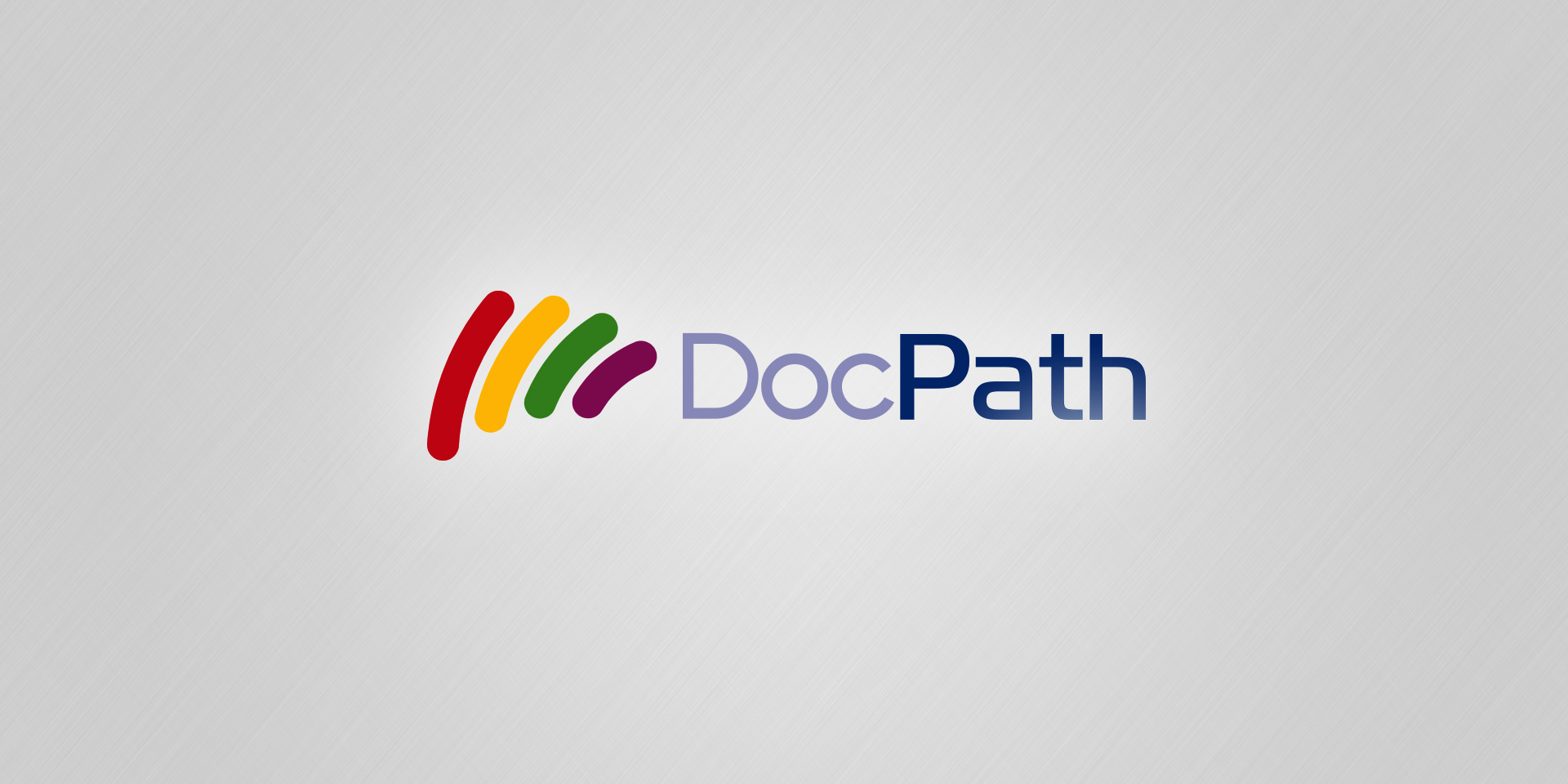
Every time someone accesses a web page and clicks on a link, they leave a digital fingerprint registering all their online activities. If this trail is multiplied by the number of users globally, the result is an incredibly large number.
The amount of data that is produced daily by this action – interacting on the Web – is called Big Data. As such, the main international organizations manage millions of gigabytes of information obtained from their clients, providers, products and operations, etc. In 2011, the Mckinsey Global Institute conducted a study related to the increase of data traffic at an international level. According to this report, 6500 petabytes of data (6,500 million gigabytes) where generated and stored in 2010. And what´s more, the study suggests that this rate will grow 40% annually, lead by North America and Europe.
In other words, Big Data is a concept that refers to an explosion of data whose size is difficult to manage for most software tools used by companies to capture, process and distribute data. In fact, Big Data is a new digital asset that is increasing incessantly and uncontrollably in our hyper-connected world, and we need new sophisticated tools to process it.
Fortunately, document management software companies have found the way to detect these needs and have developed adequate solutions that allow organizations to stand out from the competition by easily managing their data in the right place and time.
When analyzing the concept of Big Data, experts talk about the ‘3 Vs’ – Volume, Variety and Velocity – which are now generally considered to be the main features of this enormous bulk of digital data. Other professionals, however, point towards a fourth characteristic: the V of Value, which refers to the importance of gaining business advantage from the gathered information so that organizations can base their decisions on reliable data and, through this method, better understand what their clients actually need.
Taking Big Data to the next level: collaboration
Big Data Technology should not only be applied to the business sector, but it can also be extremely useful in areas of cooperation. In this case, the V of Value would not only be an economic value – defined by economists as the “new gold” – but it would also be charitable. This means that if we were to take full advantage of the potential offered by Big Data management tools for universities and research centers, amongst others, they would complement a great number of projects, which could finally be successful. In other words, a great global wealth could be obtained, with Big Data technology helping people at an international scale.
Currently, every area of society is “infected” by an uncontrollable increase in data, but some sectors are more vulnerable than others. For this reason, areas such as healthcare, research centers and services for combating organized crime could greatly benefit from Big Data technology.
For example, global and international planning of Big Data technology in countries where criminal investigations or relevant scientific investigations are being conducted could be used to create IT platforms for cross-referencing data in real time. This way, both scientists and governmental forces are working in the same direction as they base their investigations on the same data.
Another example of areas in which Big Data technology can play a vital role in promoting cooperation is healthcare. This concept is generally called ‘digital health‘ and it focuses on managing patients´ data to create statistics. Likewise, in countries where digitalized patient histories do not exist, different treatments could be copied and distributed to build valid treatment models that could be applied to patients without a diagnosis.
The conclusion is that sectors that use Big Data in an effective, rational and intelligent way, will be able to drastically enhance their level of productivity and competitive edge and, this way, improve the quality of life of citizens. In other words, governments and large enterprises should focus on applying Big Data technology as a development tool instead of keeping it regional or local, and only of interest to business areas.
Sources:
Julio A. Olivares
DocPath CEO
